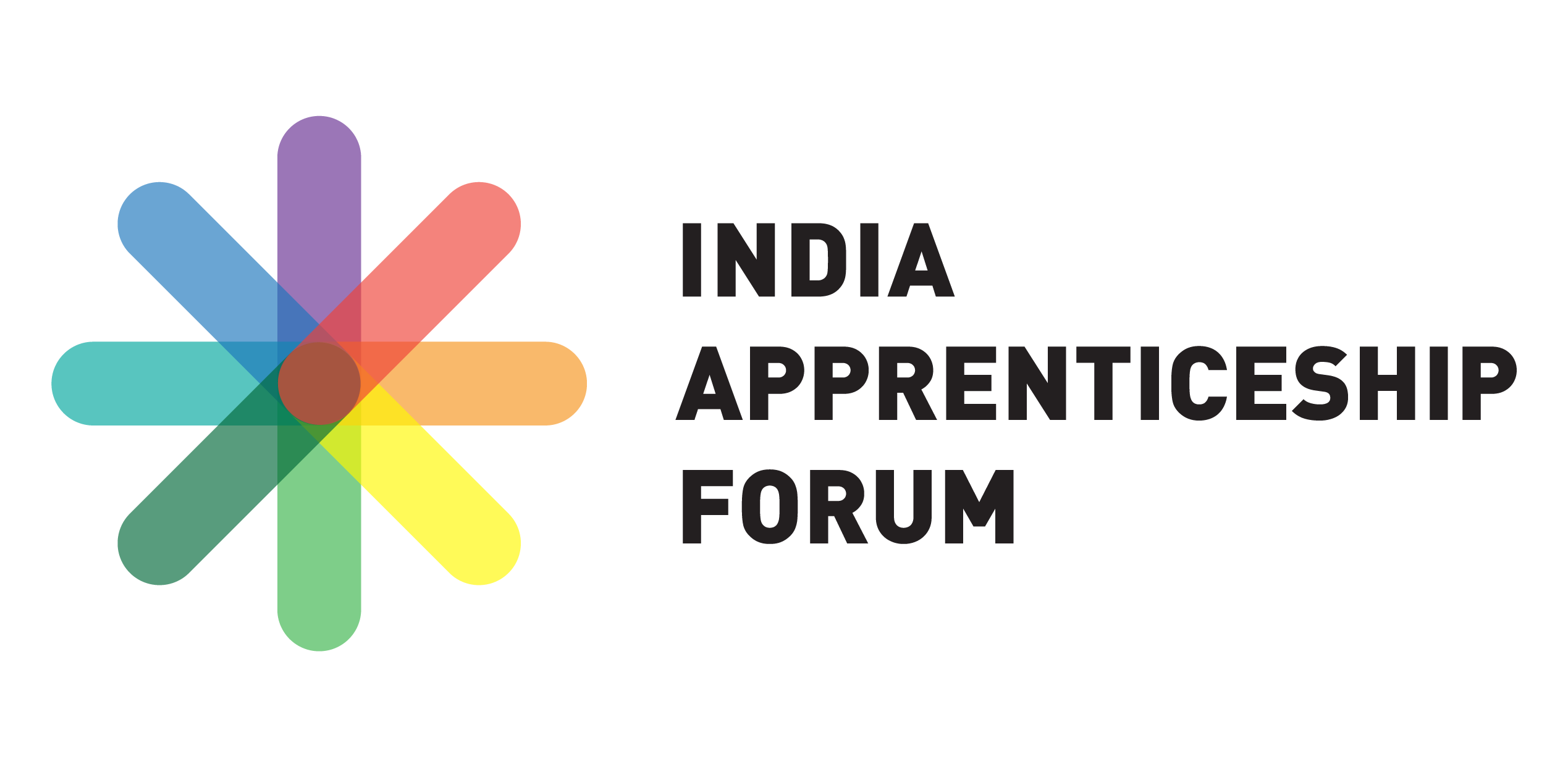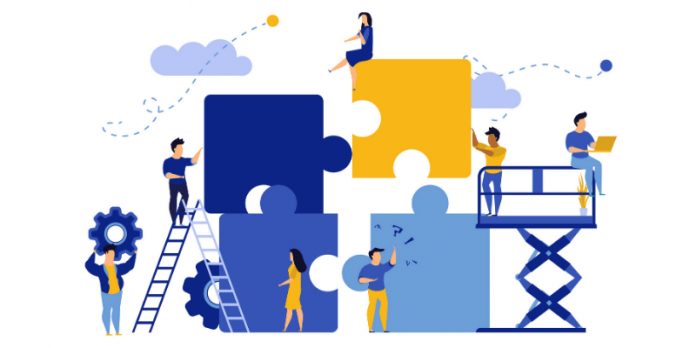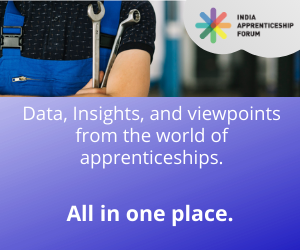Odisha’s skill training unsuccessful?
In a debate between the opposition and ruling party of Odisha, allegations of wastefulness related to skill development was refuted. These claims were disregarded in the basis that the steps taken have boosted employability in manufacturing and services sectors. The Odisha Skill Development Authority’ has especially been proactive in ensuring the youth’s future through skill training. Programmes like CMEGP, PLTP, PMKVY and DDU_GKY also facilitate the same. Career oriented training at various reputed organizations linked by the government have become the main stars in achieving Odisha’s employability goals. The government hopes to skill 1,51,000 youths via the World Skill Centre. Read more
Also Read: NSDC emerges successful in yet another skill training scheme
Changing tides in the nation’s education needs.
Reports have pointed out the lacking in employability among MBA professionals and engineering graduates. This situation threatens India’s manpower and economy and the reasoning is pointed to as lacking industry-level skills due to inefficiency in university education provided. This calls for a major remodelling of our education system into a more industry-centric curriculum specifically in higher education. Keeping up with the decade-old trends will only widen the gap between the students and industries. Fortunately, more opportunities are coming up in new avenues relating to world digitization. The solution currently lies with various platforms that are putting out more industry-centric curriculum such as Ed-Tech. Read more.
Also Read: New National Education Policy will improve accountability, employability: Industry executives
Skill training through NEAT 2.0
The National Education Alliance for Technology (NEAT) 2.0 platform is all set to provide various skill-based training courses for youth all across India. The topics covered would mostly be on Cloud, Artificial Intelligence (AI), IoT, Quantum Computing, and Data Science. The training will be industry-relevant, technical job-role-based for students as well as the faculty. This launch was announced at IBM Kolkata as a collaborative initiative between the All India Council of Technical Education (AICTE) and the Ministry of Education (MoE). Filling the current skill gap prevalent in India is the major objective of the NEAT 2.0 platform. Read more.
Also Read: Short term skill training for trainers
The era of virtual education
India’s New Education Policy has been a major motivator in making sure children are getting access to quality education. More specifically this is achieved through platforms such as Ed-Tech. A major advantage of using such platforms is the ability to provide personalized material according to varying abilities or capacities of the student. This is seen to be lacking in a traditional classroom setting. This technology with its potential, when made available to children from rural areas, showed great improvement within a short span of 4 months. The visuals also benefit the student in various forms. A technology centric school system will also smoothen out the communication between student guardians and school faculty. Read more
Read more: Covid crisis must Transform India’s Education and Skilling sectors
Entrepreneurs fostered in schools
The Udhyam Learning Foundation (ULF) is putting forth an addition to the upcoming skill based learning environment. The foundation hopes to inculcate an entrepreneurial understanding to the children with the skill development training. The programme has been a constant go-to for the governments of Delhi, Haryana, Assam, Kerala, Maharashtra, and Karnataka. The new entrepreneurial focused initiative will be targeting students between classes 9 to 12, mostly in Delhi. The foundation views the skill of entrepreneurship as a higher order skill with various capabilities. The design will enable to break from the age old system and introduce other practices to inflict more free thinking from students. Read more














